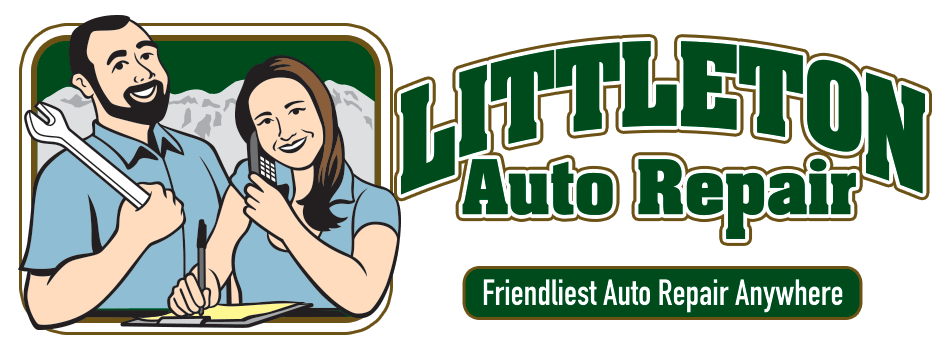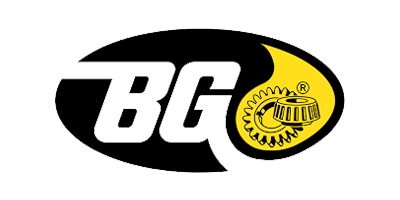FAQs
Littleton Auto Repair
Have a auto repair-related question? We have the answer. Check out these FAQs and give us a call today for more information!
How often should I get an oil change?
In our experience, most vehicles need an oil change every 3,000 to 7,500 miles. This can vary depending on the type of oil and manufacturer recommendations. Reach out to Littleton Auto Repair today for reliable local auto repair.Why is my check engine light on?
In our experience, the check engine light could be anything from a loose gas cap to a serious engine issue. The best course of action is to schedule a diagnostic scan with a quality local auto repair provider.What should I do if my car starts making a strange noise?
Unusual sounds in a vehicle often indicate a problem, and should be addressed. At Littleton Auto Repair, our team can assess your vehicle from air conditioning issues to suspension repair.How do I know if I need new brakes?
Signs you may need brake repair include squeaking, grinding, longer stopping distances, or a soft brake pedal. Schedule an appointment today with Littleton Auto Repair to assess your vehicle.Why is my car overheating?
Common causes of overheating include low coolant, a faulty thermostat, or a broken water pump. If you need local auto repair, contact Littleton Auto Repair today!How often should I rotate my tires?
In our experience, tires typically benefit from a rotation service every 5,000 to 8,000 miles to ensure even wear and extend tire life. For more information, and for quality local auto repair services, reach out today!What's the difference between synthetic and conventional oil?
Synthetic oil lasts longer and performs better in extreme temperatures, but it is more expensive than conventional oil. For local auto repair or assistance determining which type of oil is right for your vehicle, reach out to Littleton Auto Repair today!Do I really need to follow the manufacturer's maintenance schedule?
Yes, following your manufacturer's maintenance schedule helps prevent major issues and ensures that your warranty remains valid. Reach out today if you have questions regarding regular maintenance, suspension repair, tire service, and more.Why is my steering wheel shaking?
This issue could occur due to unbalanced tires, alignment issues, or brake problems. For these issues, as well as suspension repair and more, reach out to Littleton Auto Repair!How can I improve my car's fuel efficiency?
Regular maintenance, proper tire inflation, and smooth driving habits all assist with fuel efficiency. For more information, or for local auto repair from a quality provider, reach out to Littleton Auto Repair today!



